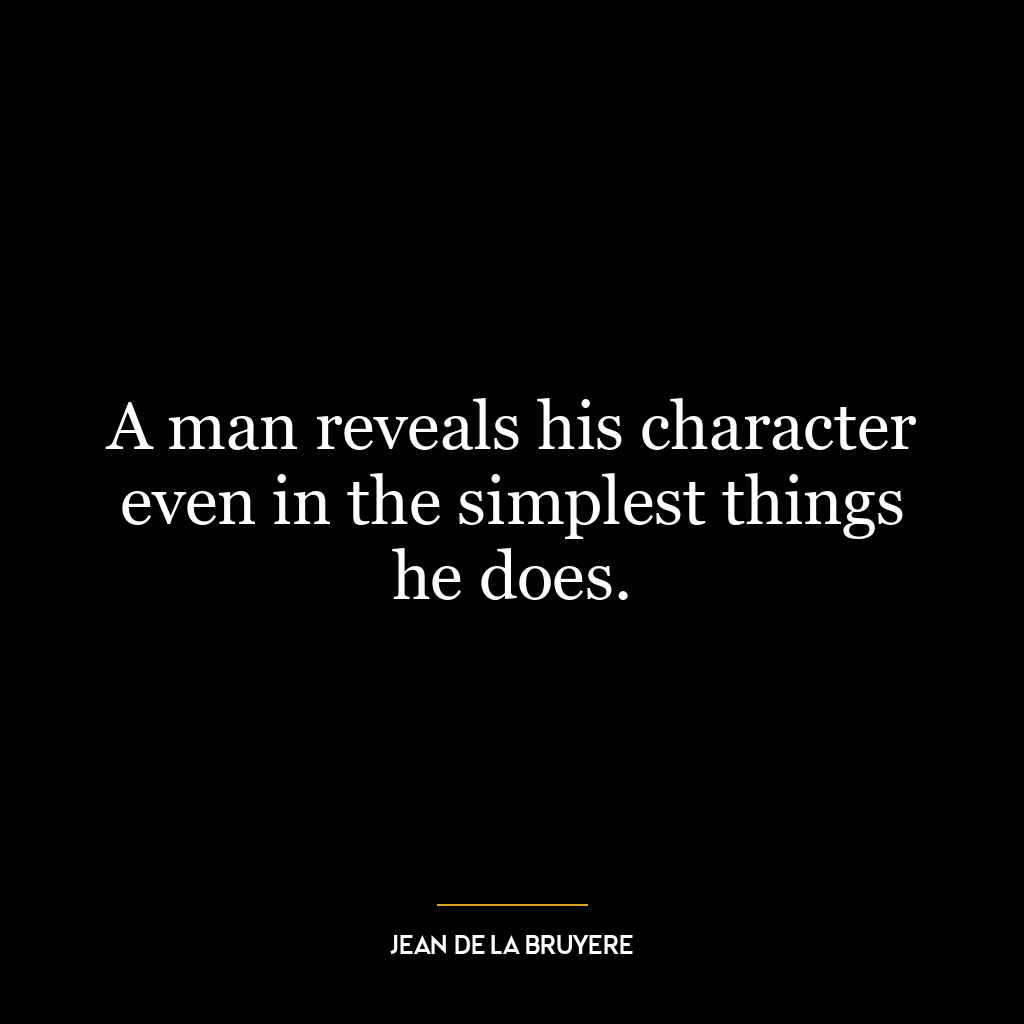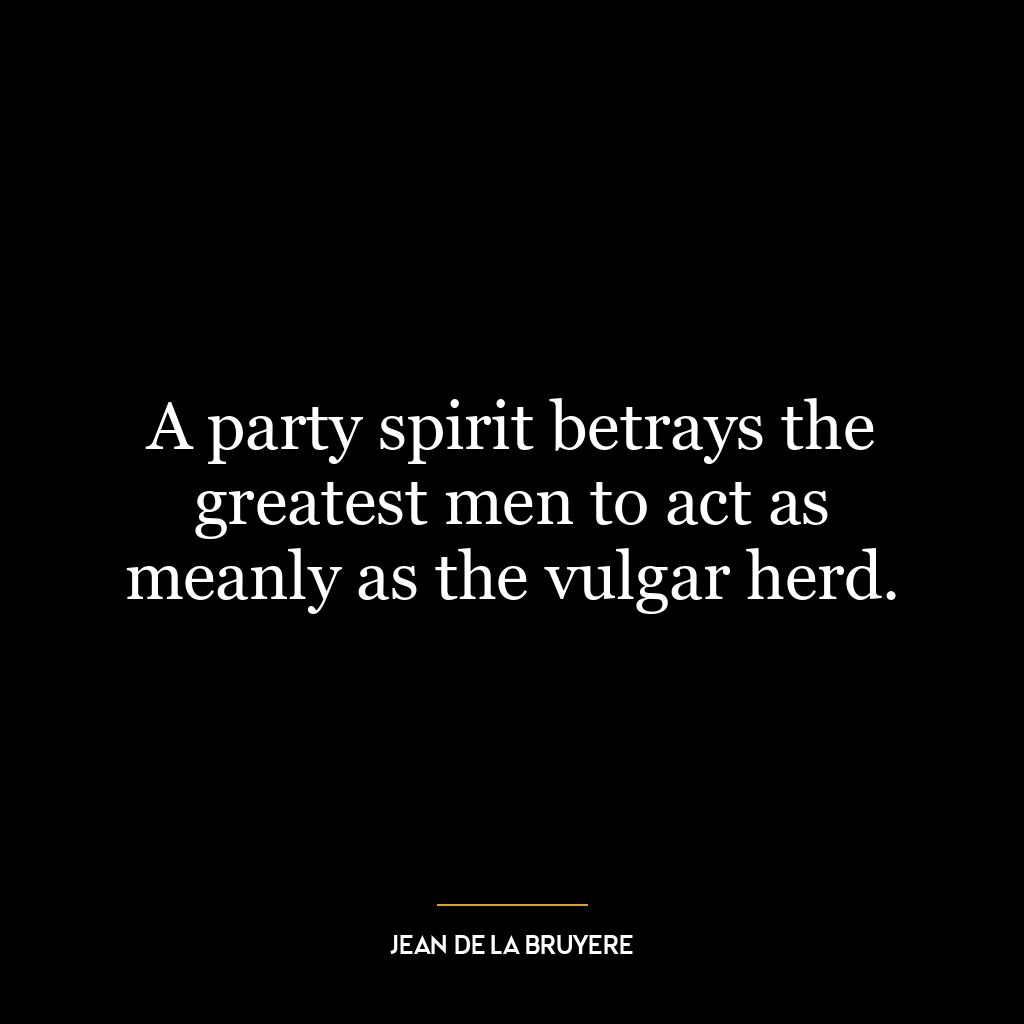The human failing I would most like to correct is aggression.
This quote is a profound reflection on the destructive nature of human aggression. It implies that aggression, which can manifest as violence, hostility, or even just undue forcefulness in interactions, is a significant flaw in human behavior. The desire to correct this failing suggests a vision for a more peaceful, cooperative society where conflicts are resolved through dialogue and understanding rather than through force.
Aggression is often a response to fear, insecurity, or perceived threat. It can result in harm, both physical and emotional, to others and can escalate conflicts rather than resolve them. By identifying aggression as the human failing he would most like to correct, the speaker is advocating for a more empathetic, compassionate approach to dealing with our fears and insecurities.
This idea is particularly relevant in today’s world, where aggression can be seen in many forms, from wars and violence to online bullying and heated political debates. If we could correct this failing, we could potentially reduce conflicts on both a global and a personal scale.
In terms of personal development, this quote encourages us to be aware of our own tendencies towards aggression. It suggests that we should strive to manage our emotions in a way that promotes understanding and cooperation rather than conflict. This could involve practicing empathy, developing better communication skills, or learning to manage our anger and fear in healthier ways.
In essence, the desire to correct human aggression is a call for a kinder, more understanding world. It’s a reminder that we have the capacity to choose our responses to fear and threat, and that choosing empathy and understanding over aggression can lead to better outcomes for everyone involved.








